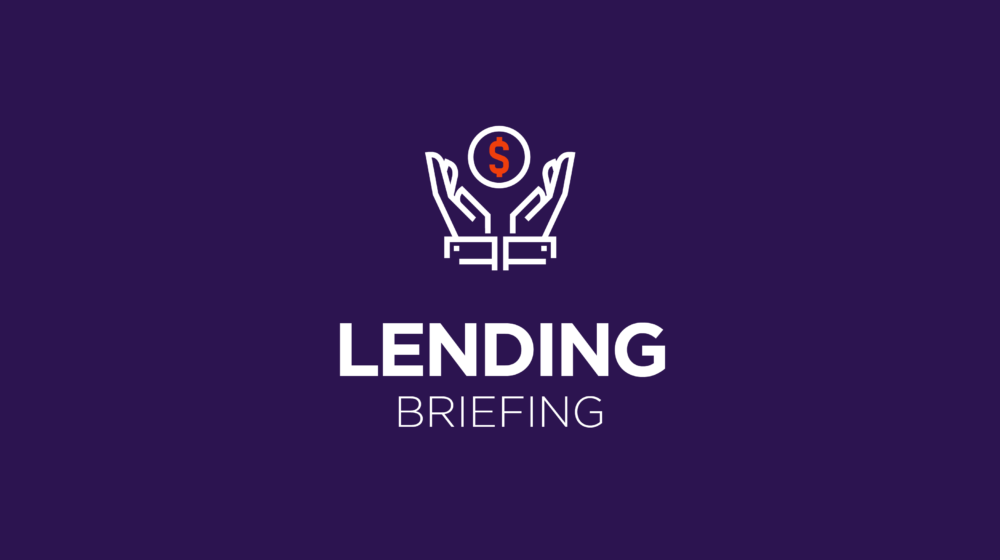Member Exclusive
Lending Briefing: As crypto lenders fall like dominoes, what’s next for the industry?
- Crypto lending has taken a turn for the worse since the FTX debacle.
- In this briefing we take a look back at what Genesis and BlockFi told us about their plans earlier this year, what went wrong and what is in store for crypto lending in the future.








